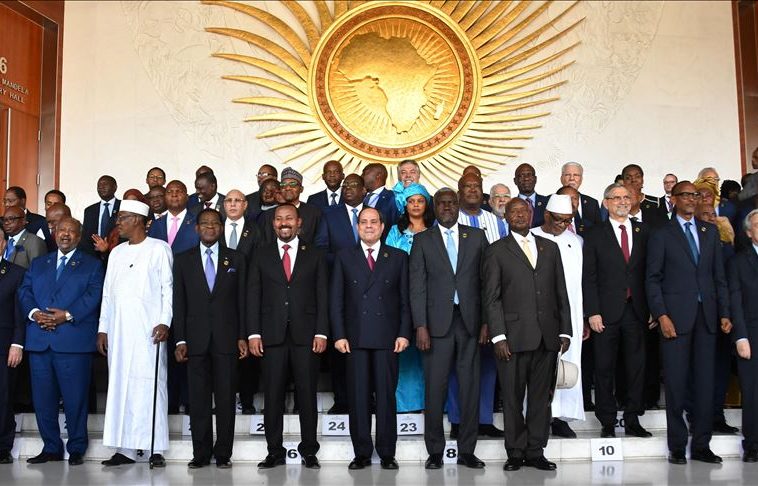Africa is taking significant strides towards integrating cryptocurrency into various sectors, reflecting the continent’s readiness to adapt to the evolving global economy.
Globally, the market capitalisation of cryptocurrencies has surpassed $2.5 trillion, with Bitcoin reaching a record high of $73,750 on 14 March 2024 and contributing over $1.44 trillion to this figure. The cryptocurrency market is projected to grow to $6.4 billion by 2025. By then, the number of cryptocurrency users worldwide is expected to reach 107.3 million, with a user penetration rate of 7.41% in 2024, dipping slightly to 7.35% by 2025.
READ ALSO: http://Africa’s Influence in the Cryptocurrency Space
In Sub-Saharan Africa, cryptocurrency transactions have witnessed remarkable growth, accounting for 2.7% of the global crypto economy’s transaction volume. According to research by Chainalysis, the on-chain value of cryptocurrency transactions in the region reached an estimated $125 billion in 2024, a $7.5 billion increase from the previous year.
The increasing acceptance of cryptocurrencies in Africa stems from their diverse applications, including small, frequent transactions, business payments, and as a hedge against inflation. In Nigeria, for instance, roughly one-third of the population invests in cryptocurrencies. This has had a transformative impact, particularly among young Nigerians, enhancing financial inclusion and economic resilience.
To fully harness cryptocurrency’s potential, however, African nations must enhance government support, foster industry partnerships, and promote public awareness. These efforts will help build a more inclusive and prosperous future for the continent.
These are the top 10 African nations for cryptocurrency adoption in 2024, based on the most recent Chainalysis analysis.
1. Nigeria
Global Rank – 2
Rank (Africa) – 1
2. Ethiopia
Global Rank – 26
Rank (Africa) – 2
3. Morocco
Global Rank – 27
Rank (Africa) – 3
4. Kenya
Global Rank – 28
Rank (Africa) – 4
5. South Africa
Global Rank – 30
Rank (Africa) – 5
6. Uganda
Global Rank – 34
Rank (Africa) – 6
7. Algeria
Global Rank – 43
Rank (Africa) – 7
8. Egypt
Global Rank – 44
Rank (Africa) – 8
9. Ghana
Global Rank – 46
Rank (Africa) – 9
10. Democratic Republic of Congo
Global Rank – 48
Rank (Africa) – 10
The Potential Impact of Cryptocurrency on Africa
The rise of cryptocurrency aligns with Africa’s digital transformation and holds the potential to significantly influence its economic and social development. By leveraging blockchain technology, African nations can unlock new opportunities for financial inclusion, foster entrepreneurship, and accelerate growth.
Cryptocurrency can empower citizens by providing alternatives to traditional financial systems, especially in regions with limited banking infrastructure. Moreover, the transparency and decentralised nature of blockchain technology can enhance trust in financial transactions and support cross-border trade.
Africa’s embrace of cryptocurrency reflects a broader trend of technological innovation across the continent. With the right policies and partnerships, the continent can position itself as a global leader in the cryptocurrency space, driving economic empowerment and sustainable development.


